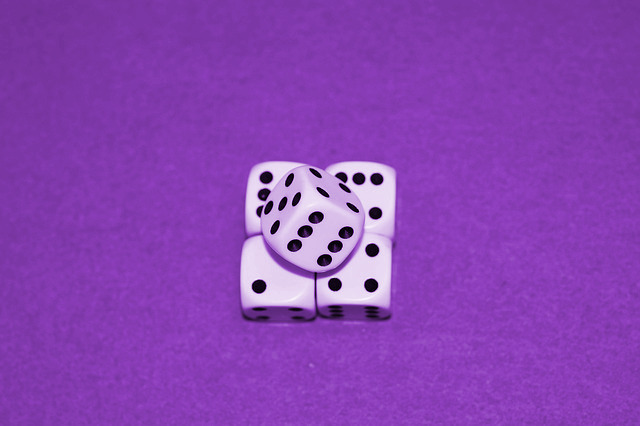Who Is Who Agates Rock
It’s generally easier to bluff out a timid opponent than a loose opponent, and it’s generally easier to bluff out a tough opponent than a weak one who looks for any reason to call, including the possibility that you might be bluffing. In essence, you must consider your specific opponent in each situation before deciding whether to try a bluff.

There is bluffing when there are more cards to come and when there are no more cards to come. Even the way in which play developed in previous hands can have a bearing on whether a bluff is now right or not. In contrast, when you have a busted hand and you suspect your opponent does, too, you may not want to bluff if you end up making something like a small pair.
If you bet, your opponent will call with a legitimate hand, and he will fold without one. But if you check and then call, your opponent may bet his busted hands as well as his legitimate ones. Thus, with your small pair you beat his bluffs, which you could not do if you came out betting yourself. Either way, of course, you lose to his legitimate hands.

